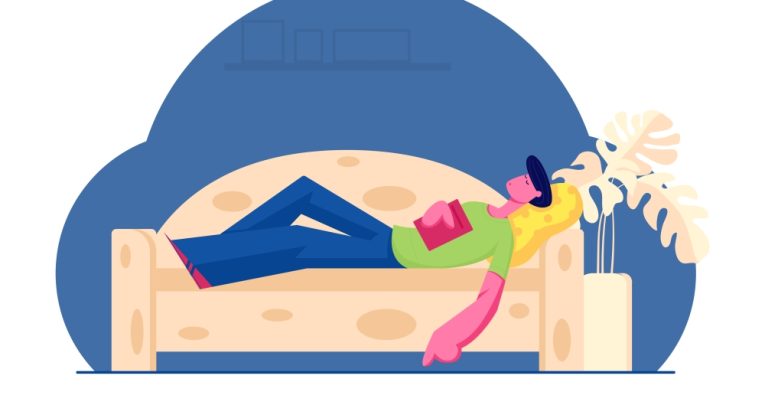Could COVID-19 lead to a coursework renaissance?

The cancellation of this year’s GCSEs have thrown into sharp relief the psychological challenges that exams present for our Y11 students, says Jayn Sidler…

- by Jayn Sadler
- English teacher based in north Essex

Going back to the laptop after the most surreal Easter holiday I’ve ever experienced (which I think is a given for all of us) has knocked me sideways a little.
Not only have all the schools in the country stepped up to the challenge of remote teaching, but now other organisations, including the government themselves, are producing remote learning lessons and resources at a pace. There’s now a mountain of great resources out there, with more hitting our inboxes every day. However, I’ve continued to be mindful of our students’ individual needs, sought to engage their preferred learning styles and use what we know about each of them to personalise their learning.
I know that many of the wonderful teachers I work alongside have adapted well to the remote learning experience and are managing their online classrooms and students with resilience and skill. It’s been heartwarming to see how the education community in this country has stepped up, pulled together and have sure that when all this is over, we’ll be able to get the nation back up from its knees.
Getting my daughter back
One stark realisation I came to over the latter part of holiday was how much I miss the students, and found myself wondering what our school’s Y11s would be doing with all their free time. I’m a parent to one of those Y11 students myself, and have seen first-hand the impact that all this has had on her.
Her road towards the exams had been rocky. The pressure she placed upon herself to do well caused levels of anxiety which very nearly resulted in us going to an outside support agency. My school was fantastic at putting support in place which enabled her to work in a way that resulted in less stress. But I have to be honest and say that on the day the DfE cancelled this year’s GCSEs, I was glad to get my daughter back.
Reflecting on my daughter’s experience, my thoughts then turned to how my son – who attended a different secondary school – would have fared had he been sitting his exams this year (he completed his in 2018). If George had sat his exams this year, he would undoubtedly be waking up to the harsh reality of achieving few passes, if indeed any.
Challenging boys have a natural habit of leaving everything to the last minute. I observe this in my son still, though he is beginning to learn that it’s an approach that actually causes more stress than it prevents. George didn’t like school – it was the classic ‘square peg, round hole’ issue – but was happy to admit was that as a 16-year-old, he assessed his situation in the following way: ‘You’re telling me I can get a 7, and college tells me I only need a 4? 7 or 4? Go for the 4, because that means more hours on Xbox.’
He eventually achieved 5s in most subjects, yet the messages he was receiving effectively told him that he could still get what he needed if he slept through Y11. And so he did, leaving his revision until Easter 2018. What a terrible mistake that would have been had he been due sit exams this year.
Time for a rethink
These are the boys who will suffer most through this. Yes, the situation is an unprecedented one, and no one could have foreseen how dramatic the lockdown would be, but we now need to do what we can to support those frustrating students who manage their workload in a way that makes sense only to them.
When contrasting my daughter’s anxiety with my son’s apathy in relation to exams, it’s clear to me that a rethink on terminal assessment is in order and that we should start to have conversations around this once the lockdown is over.
If we were still able to set even a small proportion of coursework, might that have done something to support students’ wellbeing more effectively? Could it have helped those boys who work according to a ‘I’ll revise the night before the exams’ philosophy? Because we all knew the coursework conversation would roll back around eventually … right?
Jayn Sadler is an English teacher from north Essex










